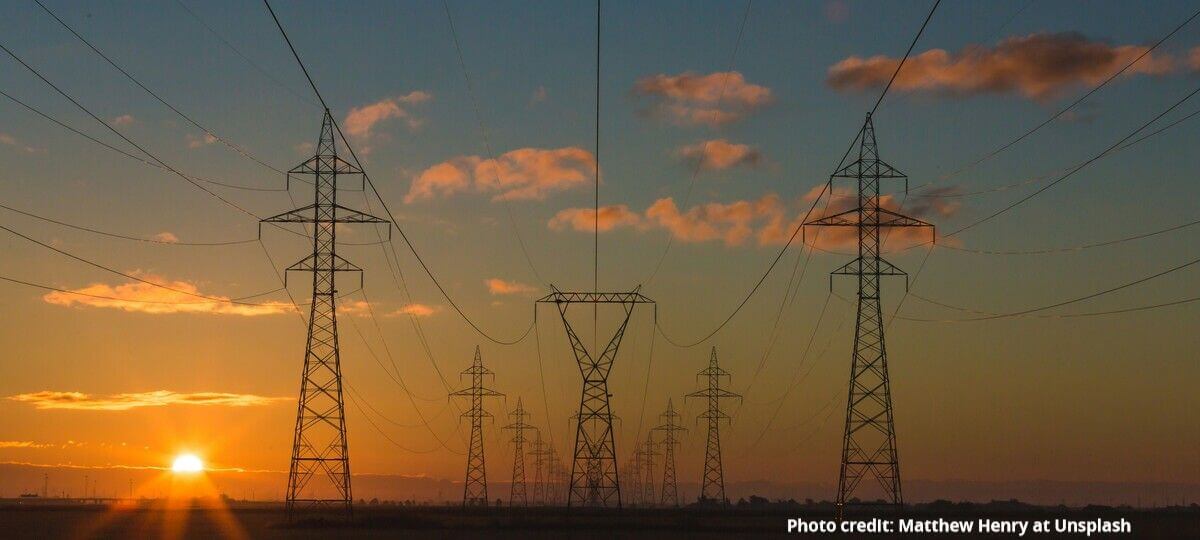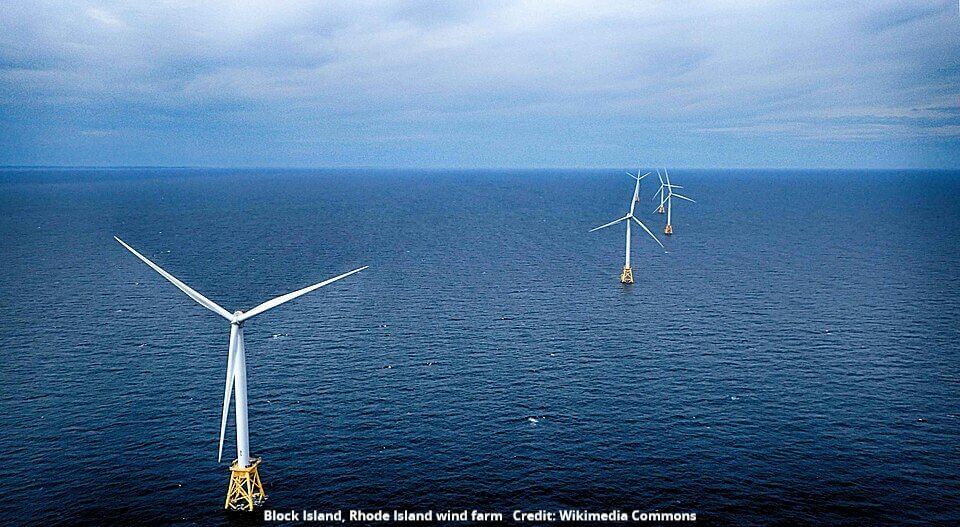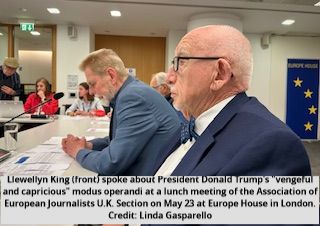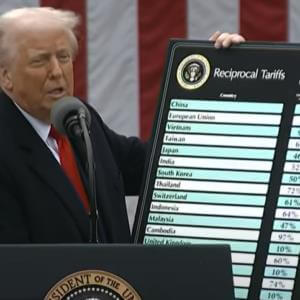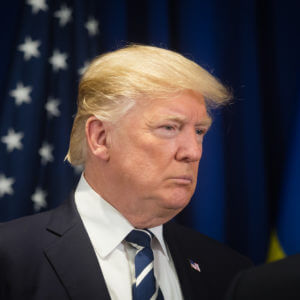The future of electricity is being discussed in terms of how we make it: whether it should be generated by nuclear, wind and solar or by coal and natural gas.
Nuclear is favored by the utilities and the Trump administration, but it will take decades and untold billions of dollars to build up a sizable nuclear fleet.
The administration has muddied the situation by denouncing wind, halting most offshore wind development, and heavily favoring coal and natural gas.
The utility companies that make and deliver electricity favor what has been described as “all of the above,” weighted by regional resources and state laws.
Twenty-three states and Washington, D.C., have zero-carbon goals. Their laws say that by a certain date, carbon-emitting power plants must be phased out.
The administration says turn right, and the states say turn left. But the nation can ill afford a debate over electricity supply.
America needs more electricity now and will need much more in the near future, reflecting the growth in demand for transportation, manufacturing and, above all, the demands of data centers and artificial intelligence — demands that are growing relentlessly.
Changing how we manufacture electricity isn’t helpful if the nation is to avoid blackouts and brownouts. They could begin any time, depending on that great variable: weather.
It used to be that if you asked utility executives what kept them awake at night, they would say, “Cybersecurity.” Now they say, “Weather.” I know. I ask some of them regularly.
Electricity is fundamental. It is unlikely to be replaced. Its essentiality is uncontested. However, what we use to make it — hydro, wind, solar, natural gas, coal, geothermal and nuclear — is changeable. The methods can be superseded by something else.
It is impossible to conceive of electricity being replaced by another force. Electricity is in nature as well as the wall plug. In short, we may well have different kinds of cars, airplanes and homes in the future, but electricity will be the constant, as vital as water.
In recent years, as summers have gotten hotter and drier, electricity has become more and more important. With some places having temperatures of over 100 degrees for weeks and months, air conditioning has moved from being a source of comfort to being essential for life. In Arizona alone, heat deaths are running over 600 a summer — and it is hard to measure accurately who has died because of heat.
There is some good electricity news that doesn’t seem to have been politicized.
Batteries are getting better, and more of utility scale are being installed. The electricity systems operators in California and Texas — California ISO and ERCOT — have both said that in critical times, their systems have been saved by utility batteries. They are the silent heroes of the moment.
Likewise, another critical change has been the development of better transmission wires, known in the industry as connectors. Traditionally, they have been made with a steel core and the electricity moving in aluminum around the core, which provides strength and stability. The new connectors have light carbon fiber cores, which don’t sag when hot and carry nearly twice as much electricity as the steel-cored variety.
The so-called Big Beautiful Bill savages the renewable power sector by phasing out tax credits, which had become the building blocks of the sector. Now many solar and wind projects will evaporate, and some companies will fail.
Part of the genesis of today’s problem is that another kind of polarization hampered the ordered growth of nuclear power — the logical new frontier of electric generation — in the latter three decades of the 20th century. Fears over nuclear safety were fanned by politicians and the environmental movement.
The environmentalists favored coal over nuclear before wind and solar were perfected. That legacy means nuclear power is now in need of a whole new workforce and supply chain.
President Donald Trump wants to build 10 big nuclear plants of the kind that make up the present nuclear fleet of 95 reactors. He will find that the workers and expertise for that kind of effort are in perilously short supply and will take years to rebuild.
To take any power source off the table today for political reasons is to endanger the nation.
